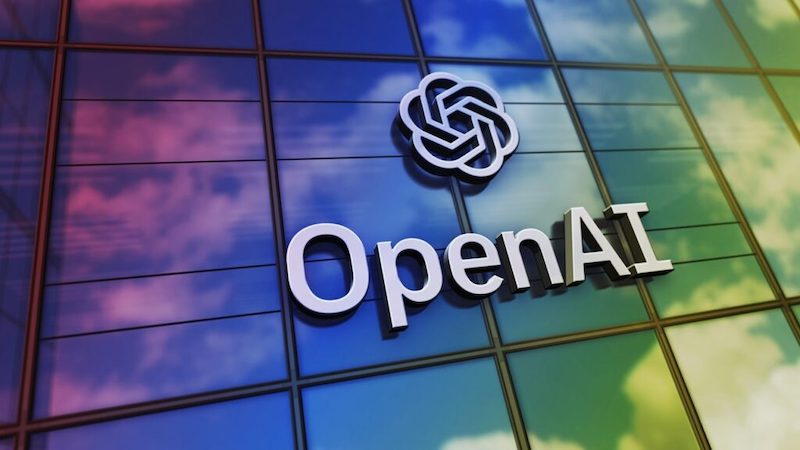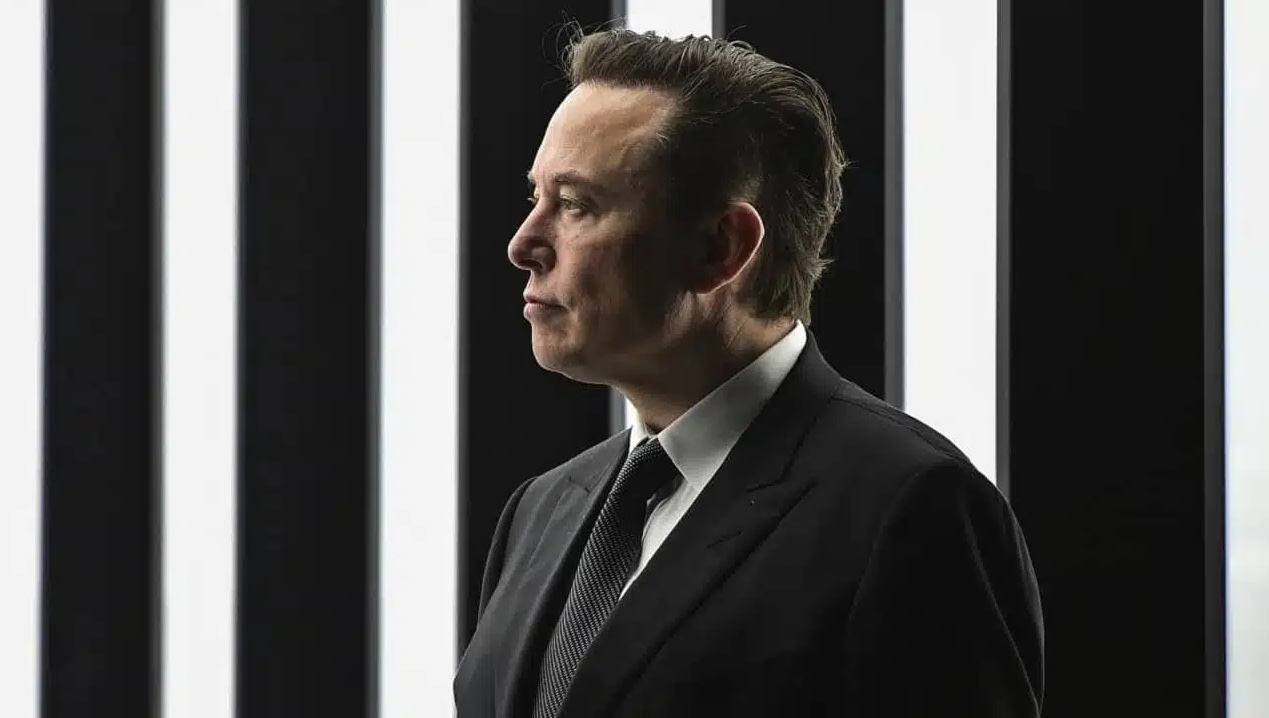It’s been a while since we gave you an account of the adventures of Elon Musk, famous not only for his many futuristic companies, but also for his, let’s say, casual relationship with the new media.
OpenAI, on the other hand, has recently hit the headlines thanks to Sora, the surprising artificial intelligence capable of generating extremely realistic video clips starting from a textual command.
Now the destinies of the tycoon and Sam Altman’s company are intersecting, and in a truly unexpected way: Elon Musk has sued OpenAI, essentially on the accusation of having distorted his original imprint. Let’s reconstruct what happened.

Elon Musk sues OpenAI
Citing the column of the most famous puzzle weekly, perhaps not everyone knows that there was a very close link between Elon Musk and OpenAI.
In fact, the CEO of Neuralink and Tesla was among the co-founders and very first financiers of the company that put ChatGPT on the market. And until 2018 he was part of its board of directors. Rumors have it that his departure from the company was due to the fact that Sam Altman denied him a top role. And so Musk, among other things, created an artificial intelligence at home: it is Grok.
Beyond that, Elon Musk accuses OpenAI of having moved too far from its origins, as we read in a document that Musk’s lawyers filed in a San Francisco court on Thursday 29 February.
From Musk’s post to his lawyers’ document
So Elon Musk sued OpenAI which, no, is no longer what it used to be.
Its lawyers slammed OpenAI’s partnership with Microsoft, delivering a document to a San Francisco court on Thursday, February 29. And reiterating what Elon Musk has already written (about X, of course) in a post on February 17: “OpenAI was created as an open source company (which is why I called it “Open” AI), a non-profit company to serve as a counterweight to Google, but has now become a closed source company, at most profit, effectively controlled by Microsoft. That’s not what I meant at all.”
By selling itself for a few (not really a few, actually) money to the tech giant, the company would thus have betrayed its origins: those of a company born as a non-profit.
In short: OpenAI has changed its objective on the fly, which now according to Elon Musk is to “maximize profits for Microsoft” and not to look after the “benefits of humanity”. And this would mean a “clear betrayal of the founding agreement”.
Furthermore, the lawyers wrote, after Microsoft’s investments, OpenAI maintained “absolute secrecy” on the design of GPT-4, its most advanced generative artificial intelligence model to date.
Fingers pointed at Altman
The document also states: “Mr. Altman has personally selected a new board of directors that does not have the similar technical expertise or substantive background in AI governance that the previous board originally had. Adam D’Angelo was the only member of the previous board to remain after Altman’s return.
The new board is made up of members with more experience in business or politics, ethics and AI governance.”
What Elon Musk is asking for is the definitive removal of Sam Altman as CEO of OpenAI. Not only that: the entrepreneur demands that the funding (provided for research in the public interest) be returned to the donors, after the alleged betrayal of the original purposes.
The company that makes ChatGPT, as expected, did not comment.
Not just Elon Musk: three newspapers are suing OpenAI and Microsoft
Musk is no stranger to curious (and not too credible) attitudes as a champion of morality and freedom.
However, it should be added that further and perhaps more concrete disputes weigh on OpenAI. After the New York Times, others three newspapers have accused Altman’s company (and with her Microsoft) of copyright infringement. They are The Intercept, Raw Story and AlterNet, who have filed three separate lawsuits.
The reason is the same as the one that moved the NYT: artificial intelligence algorithms would feed on newspaper content, reproducing “literally or almost literally works of journalism protected by copyright without providing information on the author, title, terms of use”.
Stay updated by following us on Google News!
Follow!















Leave a Reply
View Comments